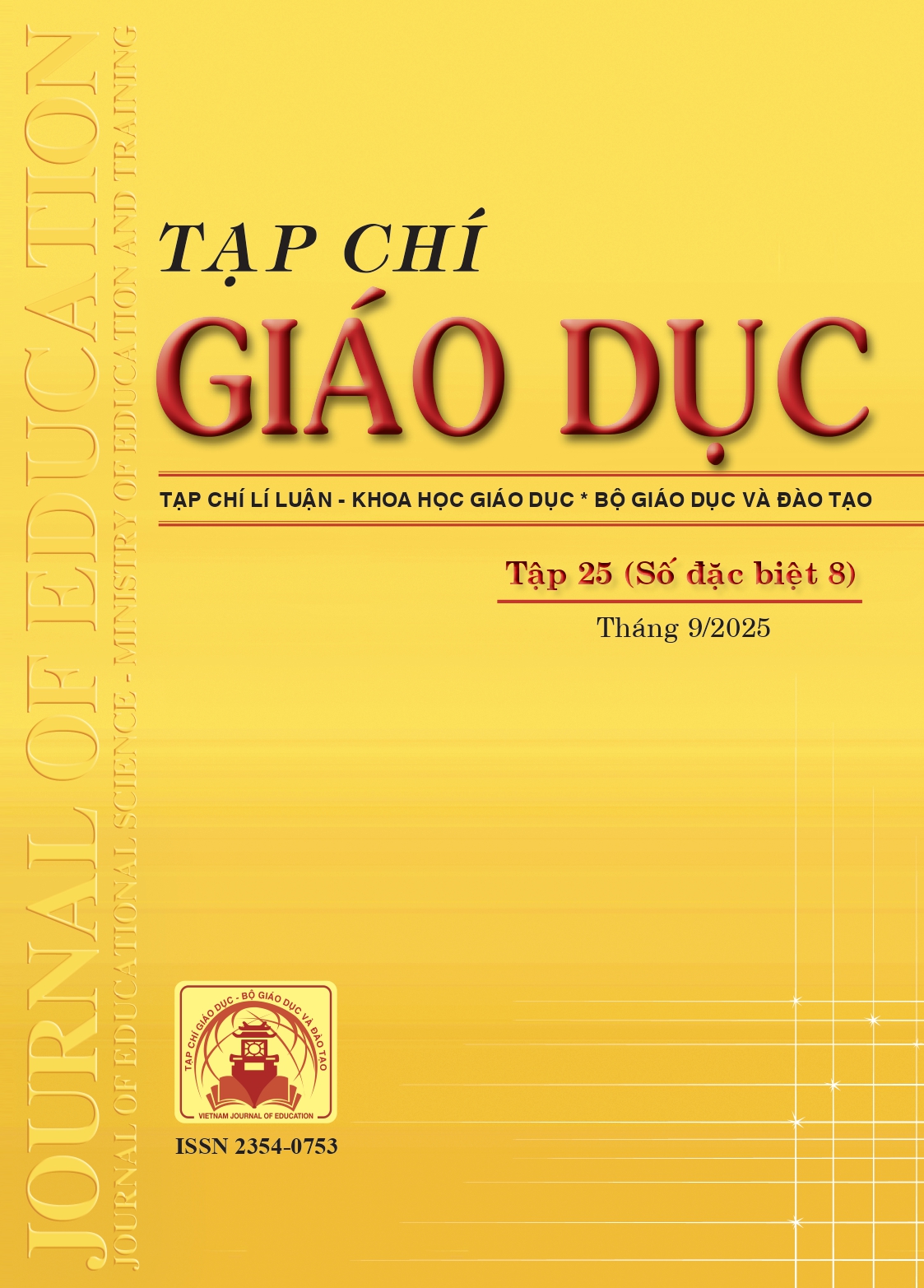Quản trị tri thức tại Việt Nam giai đoạn từ 2003-2024: Phân tích thư mục từ số liệu Scopus
Tóm tắt
Knowledge management has long been regarded as an important field and is recognized as a strategic and critical resource for organizational innovation and performance enhancement. However, in Vietnam, research on this field remains scarce and lacks a systematic approach. To address this gap, this study employed bibliometric analysis based on data from Scopus to provide a comprehensive overview of the development of the knowledge management field in Vietnam from 2003 to 2024. After data filtering and processing, a total of 334 publications were analyzed using tools such as RStudio and the data visualization software VOSviewer for descriptive statistics and keyword analysis. The results reveal a significant increase in the number of publications, with the highest growth observed in 2017 and peaking in 2024. Knowledge management topics were most frequently studied within the fields of computer science, business administration, and social sciences. Furthermore, the international collaboration network shows that Vietnam has collaborated most extensively with China and Australia, with prominent keywords such as “knowledge sharing,” “product innovation,” and “green innovation,” reflecting a shift from specialized research to interdisciplinary research. This study contributes to clarifying the importance of knowledge management in the context of digital transformation and the advancement of science, technology, and artificial intelligence.
Tài liệu tham khảo
Budur, T., Abdullah, H., Rashid, C. A., & Demirer, H. (2024). The connection between knowledge management processes and sustainability at higher education institutions. Journal of the Knowledge Economy, 15(4), 16632-65. https://doi.org/10.1007/s13132-023-01664-4
Chae, B., Paradice, D., Koch, H., & Van Huy, V. (2005). Exploring knowledge management using network theories: Questions, paradoxes and prospects. Journal of Computer Information Systems, 45(4), 62-74. https://doi.org/10.1080/08874417.2005.11645857
Darin, S. (2023). Solution Path for Knowledge Management. https://www.gartner.com/en/documents/4449099
Davenport, T. H., & Prusak, L. (1998). Working knowledge: How organizations manage what they know. Harvard Business Press.
Grant, R. M. (1996). Toward a knowledge‐based theory of the firm. Strategic Management Journal, 17(S2), 109-122. https://doi.org/10.1002/smj.4250171110
Hargittai, I. (2020). Mosaic of a scientific life. Springer International Publishing.
Lam, L., Nguyen, P., Le, N., & Tran, K. (2021). The relation among organizational culture, knowledge management, and innovation capability: Its implication for open innovation. Journal of Open Innovation: Technology, Market, and Complexity, 7(1), 66. https://doi.org/10.3390/joitmc7010066
Nonaka, L., Takeuchi, H., & Umemoto, K. (1996). A theory of organizational knowledge creation. International Journal of Technology Management, 11(7-8), 833-845. https://doi.org/10.1504/IJTM.1996.025472
Ul-Durar, S., Awan, U., Varma, A., Memon, S., & Mention, A. L. (2023). Integrating knowledge management and orientation dynamics for organization transition from eco-innovation to circular economy. Journal of Knowledge Management, 27(8), 2217-2248. https://doi.org/10.1108/JKM-05-2022-0424
Van Eck, N., & Waltman, L. (2010). Software survey: VOSviewer, a computer program for bibliometric mapping. Scientometrics, 84(2), 523-538. https://doi.org/10.1007/s11192-009-0146-3
Đã Xuất bản
Cách trích dẫn
Số
Chuyên mục
Giấy phép

Tác phẩm này được cấp phép theo Ghi nhận tác giả của Creative Commons Giấy phép quốc tế 4.0 .












